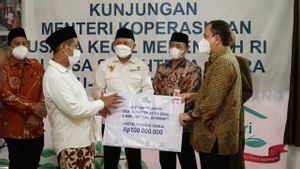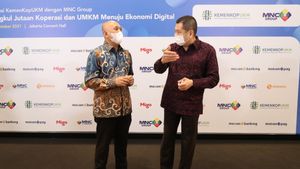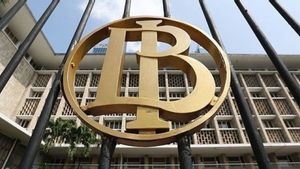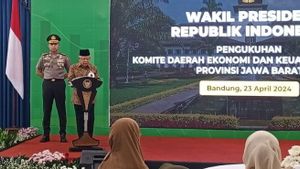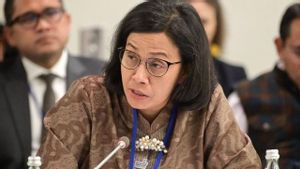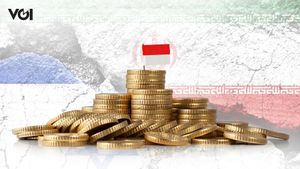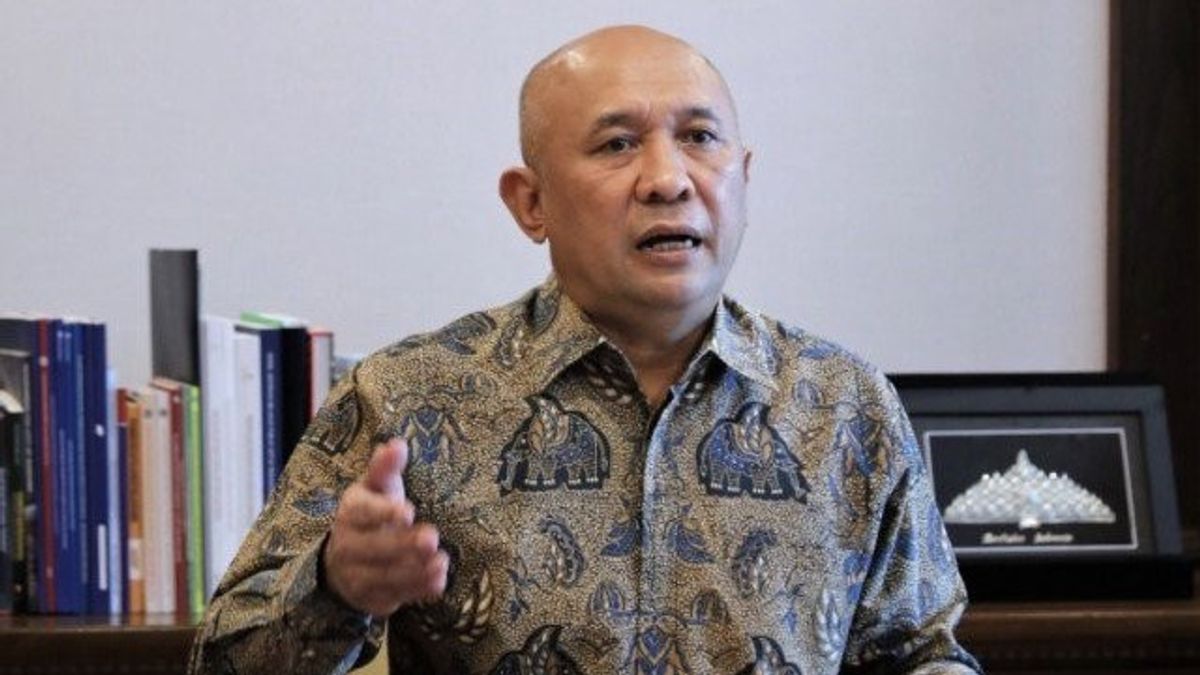
JAKARTA - The government continues to encourage micro, small and medium enterprises (MSMEs) to transform to digital or online. Currently, MSMEs that are integrated with the digital market has increased by 105 percent to 16.4 million players. This is driven by the high online trade.
Minister of Cooperatives and SMEs (Menkop UKM) Teten Masduki said that the COVID-19 pandemic accelerated the digitization of SMEs. With the increasing number of MSMEs that are integrated with the digital market, this sector will recover faster.
"Currently the new normal order in the midst of a pandemic has pushed online trading patterns to stretch. Currently, there are 16.4 million or an increase of 105 percent since the MSME pandemic that has joined the digital ecosystem," he said at the Launching of the Digital Storefront for MSME Products with SNI, Tuesday, November 30.
Teten said that with the increasing number of MSMEs entering the digital market, it would be easier for the government to push these MSMEs into the global supply chain point so that product standardization was needed by providing Indonesian National Standard or SNI certification.
"Therefore, to encourage MSMEs to enter the supply chain, we also carry out programs. Now it is important that SNI is related to our main program, which is to encourage our MSMEs to become part of the industrial supply chain," he said.
Teten said that based on the results of a survey conducted in 2018 showed that the big challenge for MSMEs lies in product competitiveness. Indonesia's MSMEs are still inferior to countries such as Singapore.
"Asean Indonesia is ranked 4th after Singapore, Malaysia, and Thailand. MSME products can be globally competitive, requiring product development, business licensing, standardization, and certification so that MSME products have a high selling value," he said.
According to Teten, the competitiveness aspect of national MSME products is the most crucial thing at this time. To improve the export competitiveness of Indonesian MSME products, the government cooperates with export schools to encourage increased competence of business actors.
SEE ALSO:
"We are working with the export school of Sipo, Prasetiya Mulya, Padjadjaran University, IPB. This is specifically for Padjadjaran and IPB for agro-based SMEs," he said.
According to Teten, this method is carried out to increase the number of exported MSME products. Because currently, Indonesia's MSME export products are still below exports of oil and gas or other natural resource commodities.
As is known, the MSME sector dominates 99.9 percent or 65.4 million of business actors in Indonesia. This sector also contributes 61 percent of the national GDP and is able to absorb nearly 97 percent of the workforce.
"MSME actors have a significant impact on improving welfare, especially during the pandemic, and are part of the national economic recovery," he said.
The English, Chinese, Japanese, Arabic, and French versions are automatically generated by the AI. So there may still be inaccuracies in translating, please always see Indonesian as our main language. (system supported by DigitalSiber.id)



